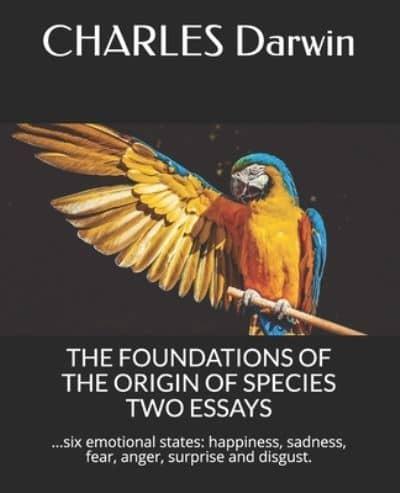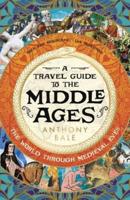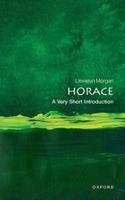Publisher's Synopsis
Before Darwin, human emotional life had posed problems to the western philosophical categories of mind and body. Darwin's interest can be traced to his time as a medical student and the 1824 edition of Sir Charles Bell's Anatomy and Philosophy of Expression which argued for a spiritual dimension to the subject. In contrast, Darwin's biological approach links emotions to their origins in animal behaviour, and allows cultural factors only an auxiliary role in the shaping of expression. This biological emphasis leads to a concentration on six emotional states: happiness, sadness, fear, anger, surprise and disgust. It also leads to an appreciation of the universal nature of expression, with its implication of a single origin for the entire human species; and Darwin points to the importance of emotional communication with children in their psychological development. Darwin sought out the opinions of some leading British psychiatrists, notably James Crichton-Browne, in the preparation of the book which forms his main contribution to psychology.










